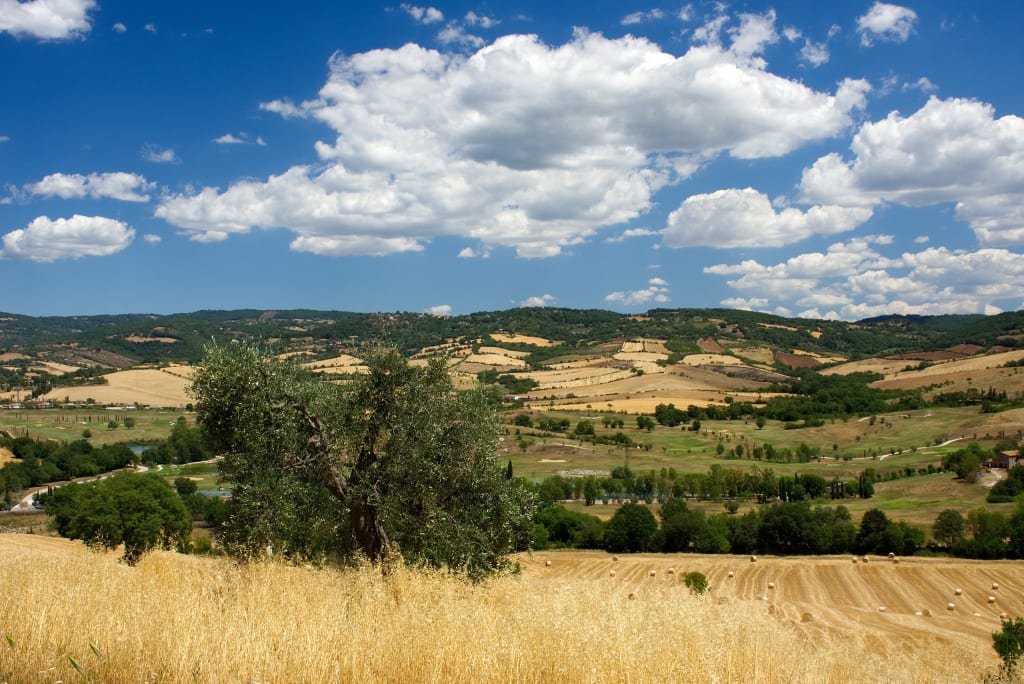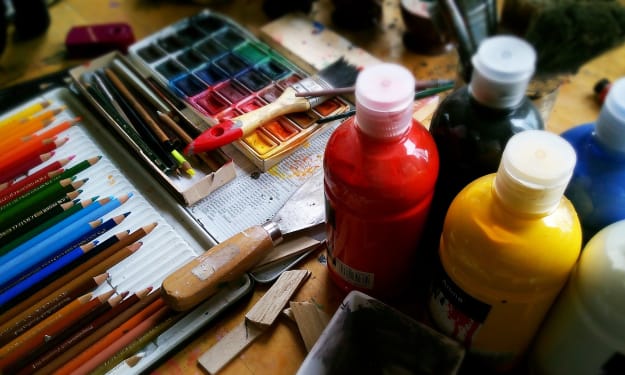Renato Fucini Opere, a cura di Davide Puccini
A vernacular writer

Davide Puccini, essayist, fine scholar, but above all passionate about Italian literature has edited this edition of the works of Renato Fucini. The operation, he explains, derives from the need to re-propose a now forgotten author, whose works can no longer be found.
The only book still in circulation contains about 5,000 errors on 1,000 pages. Fucini’s texts were poorly understood, ruined by relatives, by printers, from edition to edition. Puccini had to go back to the manuscripts, contained in Florentine libraries, and carry out a painstaking work of reconstruction of the original.
The volume is ponderous, consists of about 700 pages and collects all the works published during his lifetime by Renato Fucini, not the posthumous ones, considered inferior. It includes one hundred sonnets in the Pisan vernacular plus others in the same language, all the short stories collected in “Le veglie di Neri” (1882), “All’aria aperta” (1897) and “In the Tuscan countryside” (1908) and the essay “Naples to the naked eye” (1878).
Davide Puccini dedicated five years to Fucini’s work and, as I have said, he tackled the subject above all from a philological point of view. Often the printers did not understand the words of the Pisan vernacular. They chose the lectio facilior, corrected bimbino with child, sterzatori (whoever cleaned one out of three trees) with diggers, ruining a text that had value precisely for its ethnographic precision: Fucini, in fact, never chose his terms at random, but used them because they were typical of the place about which he was narrating or writing poetry.
The volume contains many pages of bibliography, Davide Puccini has traced all the editions — to the point that, at the end of the book signing, he was able to evaluate at first glance a little book in my possession and date it to the beginning of the twentieth century as an edition containing at least thirty errors.
But Puccini also carried out a work of revaluation against the critics who, after the death of Renato Fucini, decreed his slow decline and downsizing to a “minor” exponent of literature.
In life, Fucini enjoyed great success. In Florence, then the capital of Italy, at the Michelangelo café, a destination for artists such as Edmondo de Amicis (who wrote the preface to the edition in my possession), the reading of the sonnets in the vernacular, which he wrote to amuse himself, had the success that today Benigni’s speeches have. Then he published them at his expense and it was a best seller.
Fucini was aware of his own limitations, he knew he did not have the great breath of the novelist, but the shortness of the storyteller and, nevertheless, once published, his works also had resonance outside of Tuscany, they were adopted in the school until the thirties and Croce wrote about it flatteringly. But later, slowly, oblivion fell on Fucini and not only that, he was the object of criticism from many famous people such as Cassola, who panned him in the preface to a BUR edition. In 1968 he was considered reactionary, paying little attention to the social question, whereas, instead, he was a Mazzinian and Garibaldian, imbued with the ideals of the Risorgimento that he saw betrayed. In the sonnets, but above all in short stories such as “Vanno in Maremma”, all of his painful participation in the misery of the humble is felt, the understanding of the phenomenon from within, avoiding the defect of popular literature (such as that, for example, of Lorenzo the Magnificent).
He was also accused of having chosen a language that was too easy, Tuscan, it is not clear what he should have done, given that his stories are mainly set in the Maremma.
The sonnets are classic in structure but original in content, because they are in dialogue, moved, with jokes and various characters including Neri Tanfucio, the pseudonym adopted by Fucini himself to publish, who we find each time as a different character. The poems are from the Pisan and Florentine environment, populated by humble, vulgar, degraded characters; they are hilarious, fiercely cheerful but always with a bitter and sad note. (See Mother, Child and Friend).
The language is a vernacular that often has more Livornese than Pisan. Puccini mentions the phenomena of labdacism (the elle becoming an r) and of hyper-correctism (where one makes mistakes for fear of making a mistake).
Renato Fucini was born in 1843 in Monterotondo, in the Grosseto Maremma, where his father David, a doctor, had settled for the treatment of malarial fevers, but he was born in Livorno and felt very attached to my city, where he attended the elementary schools of the Barnabites. He lived in Livorno from 1849 to 1853 — in the city which had just been reconquered by the Austrians after the revolts of 1848 — and, just by reading a handwritten poem in the Livorno vernacular, he had the idea of carrying out the same operation with the Pisan one. Fucini frequented the Macchiaioli in Castiglioncello, where he owned a house, and, in particular, he was a friend of Giovanni Fattori to whom he provided inspiration for the painting “Lo staffato”. But his acquaintances are broader and do not concern only the Tuscan area. In addition to the aforementioned Edmondo de Amicis, he was also a friend of Verga, whose naturalism he absorbed.
A separate discussion deserves “Naples with the naked eye”, a report commissioned by P. Villari, the first in Italy to make known the existence of a “southern question”. Without going into further detail, I will say that Fucini was able to grasp the essence of the city at first glance, with which he immediately empathized, understanding the phenomenon of the Camorra in a non-superficial way and recounting the crudest aspects, from the “talponi” (compare the Livornese tarpone), i.e. the wharf rats which crowded sewers and alleys, to the cemetery with 365 pits, one for each day of the year, into which the dead were thrown from above with a pulley, without much ceremony.
In conclusion, if the essay on Pirandello’s humor is still to come, we can affirm, however, that Fucini’s was undoubtedly a comedy that “makes you think”.
Fucini died in Empoli in 1921 of throat cancer.
About the Creator
Patrizia Poli
Patrizia Poli was born in Livorno in 1961. Writer of fiction and blogger, she published seven novels.






Comments
There are no comments for this story
Be the first to respond and start the conversation.